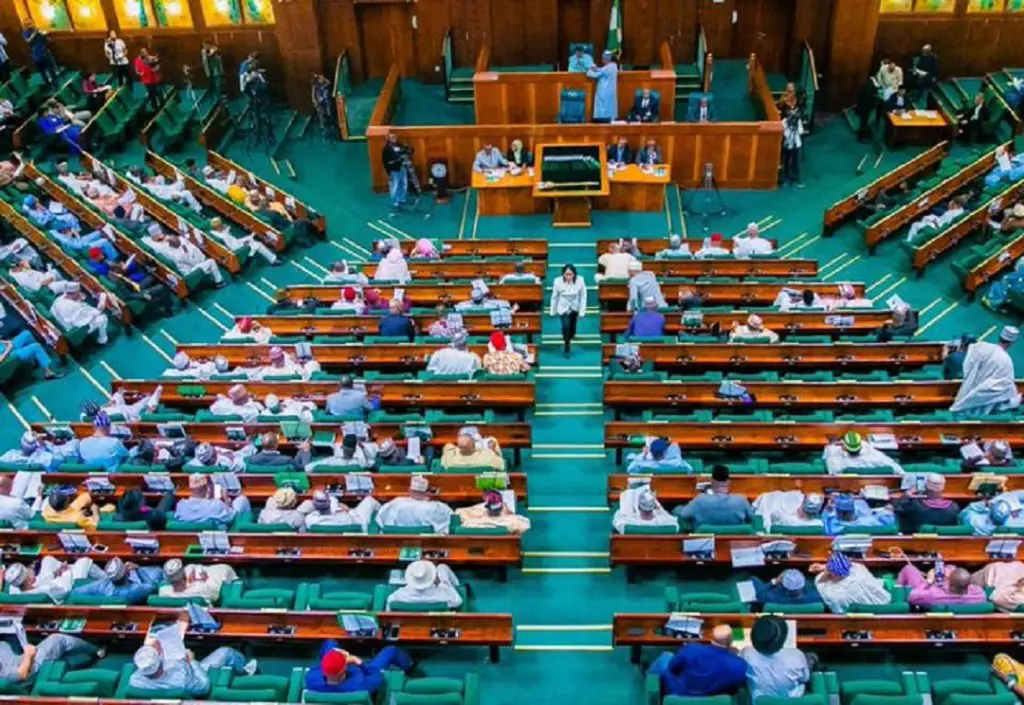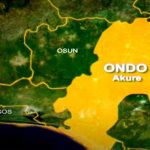The House of Representatives’ recent consideration of proposals to create 31 additional states has ignited a fervent national discourse. If approved, Nigeria’s state count would rise from 36 to 67, marking a significant shift in the nation’s administrative structure.
Diverse Reactions Across the Nation
The proposal has elicited a spectrum of responses from various stakeholders:
Afenifere’s Stance: The Yoruba socio-political group, Afenifere, has criticized the move, emphasizing that it diverts attention from the pressing need for true federalism. They argue that creating more states without addressing foundational structural issues may exacerbate governance challenges and economic inefficiencies.
Arewa Consultative Forum’s Perspective: Similarly, the Arewa Consultative Forum has expressed reservations, labeling the proposal as unnecessary. They highlight concerns about the economic viability of new states, especially when many existing ones struggle with financial sustainability.
Ohanaeze Ndigbo’s Viewpoint: Contrastingly, the Ohanaeze Ndigbo Worldwide sees the proposal as an opportunity to rectify historical imbalances. They advocate for the South-East to receive additional states to achieve parity with other regions, addressing longstanding feelings of marginalization.
Public Sentiment and Expert Opinions
Public reactions mirror these divided opinions. Some citizens argue that the focus should be on enhancing governance and economic development within the current state framework rather than expanding it. Legal experts, such as Chief Mike Ozekhome (SAN), have labeled the proposal as a distraction, suggesting that efforts would be better spent on constitutional reforms that promote equity and efficiency.
Next Steps in the Legislative Process
The House Committee on Constitution Review has called on proponents of the new states to resubmit their requests in line with constitutional guidelines. This move underscores the importance of adhering to due process in any potential restructuring of the nation’s administrative divisions.
Conclusion
As the debate continues, it is evident that the proposal to create 31 new states has become a catalyst for broader discussions about governance, equity, and the future political landscape of Nigeria.







2 Comments